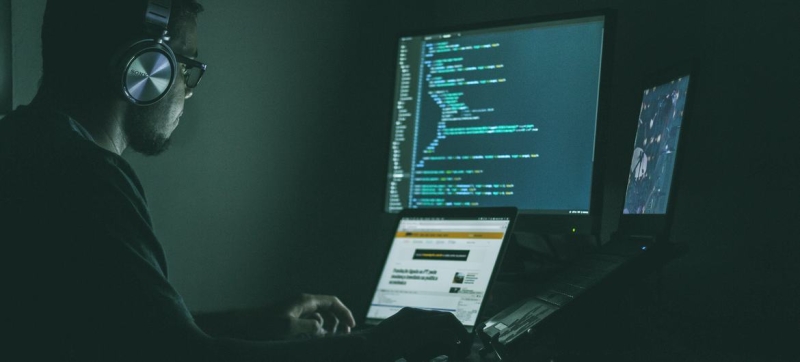
Each of us can become a victim of a cyber attack, no matter where we live. One wrong letter: how the new UN convention will help prevent cybercrime Dina Neskorozhana International Law
Imagine: you go to the website of a well-known hardware store. Everything looks familiar – the same design, the same brand name, the same interface. You calmly place your order, pay, and only then notice a small detail: only one letter has changed in the website address.
This is how easy it is to fall into the trap of Internet scammers. It’s good if the amount was small, and the bank acted quickly – they returned the money and reissued the card. But not everyone is so lucky: in some countries it is almost impossible to return stolen funds.
When with one click you can lose everything
A financial insolvency lawyer told the UN News Service that more and more people are forced to turn to bankruptcy proceedings precisely after the loss of funds due to cybercrime.
Each of us can become a victim of a cyber attack – no matter where we live, and everyone deserves protection and support.
While in some countries the actions of attackers still do not fall under a clear definition of “cybercrime”, there are no mechanisms for international legal assistance, and approaches to investigating such cases vary, cybercrime itself is rapidly evolving. It has evolved from isolated attacks by lone hackers to large-scale operations of criminal networks. The Internet and new technologies, including artificial intelligence, allow attackers to act faster, reach victims around the world, and commit crimes with little or no human intervention.
From autonomous cyberattacks and deepfake fake images to AI-optimized malware and phishing campaigns, the abuse of new technologies is challenging traditional investigation and prevention systems. cybercrimes.
Phishing is the leader of digital crime
The most common cybercrime today is phishing, when victims are tricked into revealing passwords or financial information through fake websites or emails.
Even inexperienced attackers can now use ready-made “phishing kits” to instantly create realistic clones of major brand websites and send convincing fraudulent messages.
In recent years Billions of stolen username and password combinations have appeared on the darknet. This data is used for so-called credential guessing attacks – automated attempts to log into thousands of sites at the same time.
The New Frontier of Defense
Perhaps this page of digital history will soon be turned. In December 2024, the UN General Assembly adopted the United Nations Convention against Cybercrime, the first international treaty in the field of criminal justice in more than twenty years. academia and the private sector. UN Secretary-General Antonio Guterres called the adoption of the Convention a “decisive step” in global efforts to protect online security. Next week the Convention will be opened for signature at an official ceremony in Hanoi, Vietnam. It will enter into force 90 days after ratification by forty states.
When the rules are the same
The new document creates a common international framework for combating cybercrime. It introduces uniform definitions, investigative standards and mechanisms to assist victims, including compensation, redress and removal of illegal content. States will apply these measures in accordance with their laws, but within the framework of agreed international principles. And, perhaps, it is with this Convention that a new era will begin, when one extra letter in the website address can no longer cost you everything.
